List of Diseases Names in English
- Runny nose
- Broken bone
- Bruise
- Sunburn
- Cancer
- Diabetes
- Flu
- Alzheimer’s disease
- Heart disease
- Stroke
- Depression
- Malaria
- Chills
- Backache
- Nausea
- Dizziness
- Flu
- Stomachache
- Fever
- Snakebite
What are the names of common diseases?
- Runny Nose:
Excessive nasal discharge due to irritation or infection.

- Broken Bone:
Fracture in a bone due to injury or trauma.

- Bruise:
Discoloration of the skin due to damaged blood vessels.

- Sunburn:
Skin damage is caused by overexposure to ultraviolet (UV) rays from the sun.

- Cancer:
Abnormal growth of cells that can invade nearby tissues and spread.

- Diabetes:
Excessively elevated blood glucose is a chronic illness.

- Flu:
Contagious respiratory illness caused by influenza viruses.

- Alzheimer’s Disease:
Memory loss and function are impacted by this Progressive Brain disease

- Heart Disease:
Several illnesses impact the anatomy and operation of the heart.

- Stroke:
Sudden interruption of blood flow to the brain due to blockage or rupture of blood vessels.

- Depression:
Depression is typified by enduring melancholy and disinterest.

- Malaria:
Infectious disease is caused by parasites transmitted through mosquito bites.

- Chills:
Sensation of cold often accompanied by shivering, can be a symptom of infection.

- Backache:
Pain or discomfort in the back region, often due to strain or injury.

- Nausea:
Stomach pain or queasy feeling that frequently comes on before vomiting.

- Dizziness:
The sensation of lightheadedness or spinning can be due to various causes including inner ear issues or low blood pressure.

- Snakebite:
Injury caused by the bite of a venomous snake can lead to serious health complications.

- Cough:
Reflex action to clear the throat or airways is often associated with respiratory infections.

- Stomachache:
Pain or discomfort in the abdominal area, can be caused by various factors such as indigestion or infections.

- Fever:
A fever that is elevated and frequently indicates an infection or disease.

Most Common Disease Names in English
- Lyme disease
- Chlamydia
- Gonorrhea
- Syphilis
- Genital warts
- Herpes
- Influenza
- Polio
- Yellow fever
- Rabies
- Ebola
- Smallpox
- Cholera
- Typhoid fever
- Diphtheria
- Pneumonia
- Tuberculosis
- Bronchitis
- Emphysema
- Colitis
Disease Names Vocabulary with Images:
- Lyme Disease:
Bacterial infection is transmitted by ticks, causing fever, rash, and joint pain.

- Chlamydia:
Sexually transmitted bacterial infection, often asymptomatic can cause genital discharge and pain.

- Gonorrhea:
Sexually transmitted bacterial infection causes genital discharge and pain.

- Syphilis: A sexually transmitted bacterial infection that progresses through stages, causing sores, rash, and systemic effects.

- Genital Warts:
Viral infection is caused by certain strains of HPV, leading to wart-like growths on the genitals.

- Influenza:
Viral respiratory infection, commonly known as the flu, causes fever, cough, and body aches.

- Polio:
Viral infection affects the nervous system, leading to paralysis or muscle weakness.

- Yellow Fever:
viral illness that causes fever and jaundice and is spread by mosquitoes.

- Rabies:
Viral infection is transmitted through animal bites, affecting the central nervous system and leading to brain inflammation.

- Ebola:
Viral hemorrhagic fever causes severe illness with high mortality rates.

- Smallpox:
An eradicated viral disease characterized by skin lesions and high fever.

- Cholera:
Bacterial infection causes severe diarrhea and dehydration.

- Typhoid Fever:
Intestinal inflammation, fever, and abdominal pain are signs of a bacterial infection.

- Diphtheria:
Bacterial infection causes respiratory symptoms and throat membrane formation.

- Pneumonia:
Inflammation of lung tissue, often due to bacterial or viral infection.

- Tuberculosis (TB):
Infectious bacterial disease primarily affects the lungs, causing cough and respiratory symptoms.

- Bronchitis:
Inflammation of bronchial tubes leads to cough and chest discomfort.

- Emphysema:
Lung disease is characterized by damaged air sacs, leading to breathing difficulties.

- Colitis:
Inflammation of the colon causes abdominal pain and changes in bowel habits.

List of Common Diseases Names in English
- Crohn’s disease
- Ulcerative colitis
- Irritable bowel syndrome
- Gastroenteritis
- Diverticulitis
- Appendicitis
- Hernia
- Cirrhosis
- Hepatitis B
- Hepatitis C
- Leukemia
- Lymphoma
- Melanoma
- Prostate cancer
- Breast cancer
- Ovarian cancer
- Endometrial cancer
- Cervical cancer
- Colon cancer
- Rheumatoid arthritis
Illness Names with images
List of Diseases names in Human:
- Osteoarthritis
- Gout
- Migraine
- Epilepsy
- Schizophrenia
- Bipolar disorder
- Attention deficit hyperactivity disorder
- Autism spectrum disorder
- Obsessive-compulsive disorder
- Post-traumatic stress disorder
- Anemia
- Hemophilia
- Sickle cell anemia
- Thalassemia
- Hypothyroidism
- Hyperthyroidism
- Addison’s disease
- Cushing’s syndrome
- Multiple sclerosis
- Muscular dystrophy
Diseases names with images in English:
- Schizophrenia:
Chronic mental disorder characterized by distorted thinking, hallucinations, and difficulty in distinguishing reality.

- Bipolar Disorder:
Mood disorder involves extreme mood swings between mania (elevated mood) and depression.

- Attention Deficit Hyperactivity Disorder (ADHD):
Neurodevelopmental disorder causing inattention, hyperactivity, and impulsivity.

- Obsessive-Compulsive Disorder (OCD):
Mental health disorders are characterized by recurring obsessions and compulsions that interfere with daily life.

- Post-Traumatic Stress Disorder (PTSD):
Mental health conditions triggered by experiencing or witnessing traumatic events, lead to flashbacks, anxiety, and avoidance behavior.

- Anemia:
A condition marked by low levels of red blood cells or hemoglobin, causing fatigue and weakness.

- Hemophilia:
Blood disorder where blood doesn’t clot normally, leading to prolonged bleeding even from minor injuries.

- Sickle Cell Anemia:
Inherited blood disorder causing red blood cells to become sickle-shaped and leading to pain, anemia, and organ damage.

- Thalassemia: Inherited blood disorder causing abnormal hemoglobin production and leading to anemia and fatigue.

- Hypothyroidism:
Condition where the thyroid gland doesn’t produce enough hormones, leading to fatigue, weight gain, and cold intolerance.

- Hyperthyroidism:
A condition where the thyroid gland produces too many hormones, leading to weight loss, rapid heartbeat, and heat intolerance.

- Addison’s Disease:
Disorder where adrenal glands don’t produce enough hormones, leading to fatigue, weight loss, and low blood pressure.

- Cushing’s Syndrome:
Condition where the body is exposed to high levels of cortisol hormone, leading to weight gain, high blood pressure, and muscle weakness.

- Multiple Sclerosis:
Autoimmune disease affecting the central nervous system, causing a range of symptoms including fatigue, numbness, and difficulty walking.

- Muscular Dystrophy:
A class of hereditary illnesses that result in progressive muscle loss and weakening.

List of Disease Names
- ALS (Amyotrophic lateral sclerosis)
- Huntington’s disease
- Alzheimer’s disease
- Dementia
- Parkinson’s disease
- Epidermolysis bullosa
- Dermatitis
- Psoriasis
- Eczema
- Acne
- Rosacea
- Shingles
- Athlete’s foot
- Ringworm
- Jock itch
- Impotence
- Infertility
- Menopause
- Andropause
List of diseases in humans:
- ALS (Amyotrophic Lateral Sclerosis):
Neurons that govern voluntary muscles are affected by a progressive neurodegenerative illness.

- Huntington’s Disease:
Hereditary disorder causing progressive degeneration of brain cells, leading to motor, cognitive, and psychiatric symptoms.

- Alzheimer’s Disease:
Neurological disorders cause memory loss, cognitive decline, and behavioral changes, often leading to dementia.

- Dementia:
General term for a decline in cognitive function affecting memory, thinking, and behavior, often associated with aging.

- Parkinson’s Disease:
A neurological disorder affecting movement, causing tremors, stiffness, and difficulty with balance and coordination.

- Dermatitis:
Inflammation of the skin causes itching, redness, and sometimes blistering or scaling.

- Psoriasis:
Chronic skin condition characterized by red, itchy, and scaly patches on the skin.

- Eczema:
Inflammatory skin condition causing itchy, red, and dry skin patches.

- Acne:
Skin condition causing pimples, blackheads, and cysts, often occurring during adolescence.

- Shingles:
Viral infection causes painful rashes and blisters, typically occurring in older adults who have chickenpox.

- Athlete’s Foot:
Fungal infection of the skin on the feet, causing itching, redness, and peeling.

- Ringworm: Fungal infection causing circular rashes with raised edges, not caused by worms but by fungi.

- Jock Itch:
Fungal infection affects the groin area, causing itching, redness, and a rash.

- Menopause:
Natural process marking the end of menstruation and reproductive years in women, accompanied by hormonal changes.


Disease Names in English

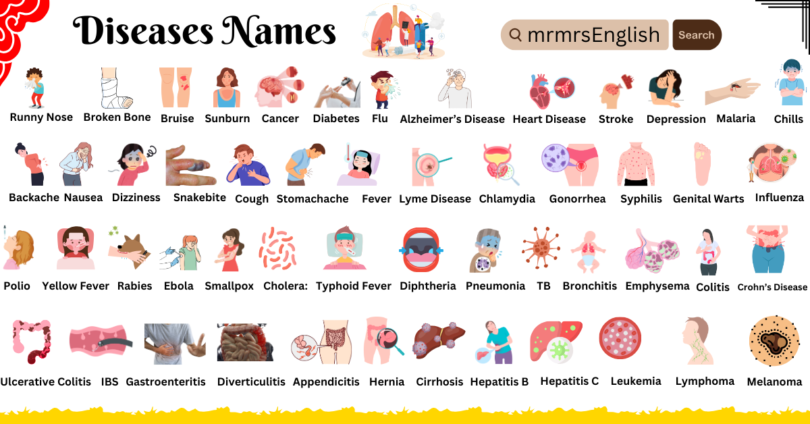











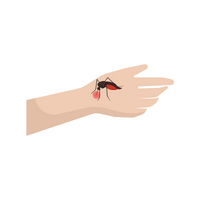




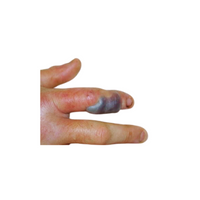


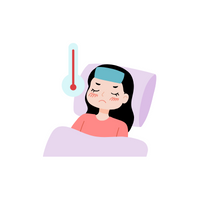
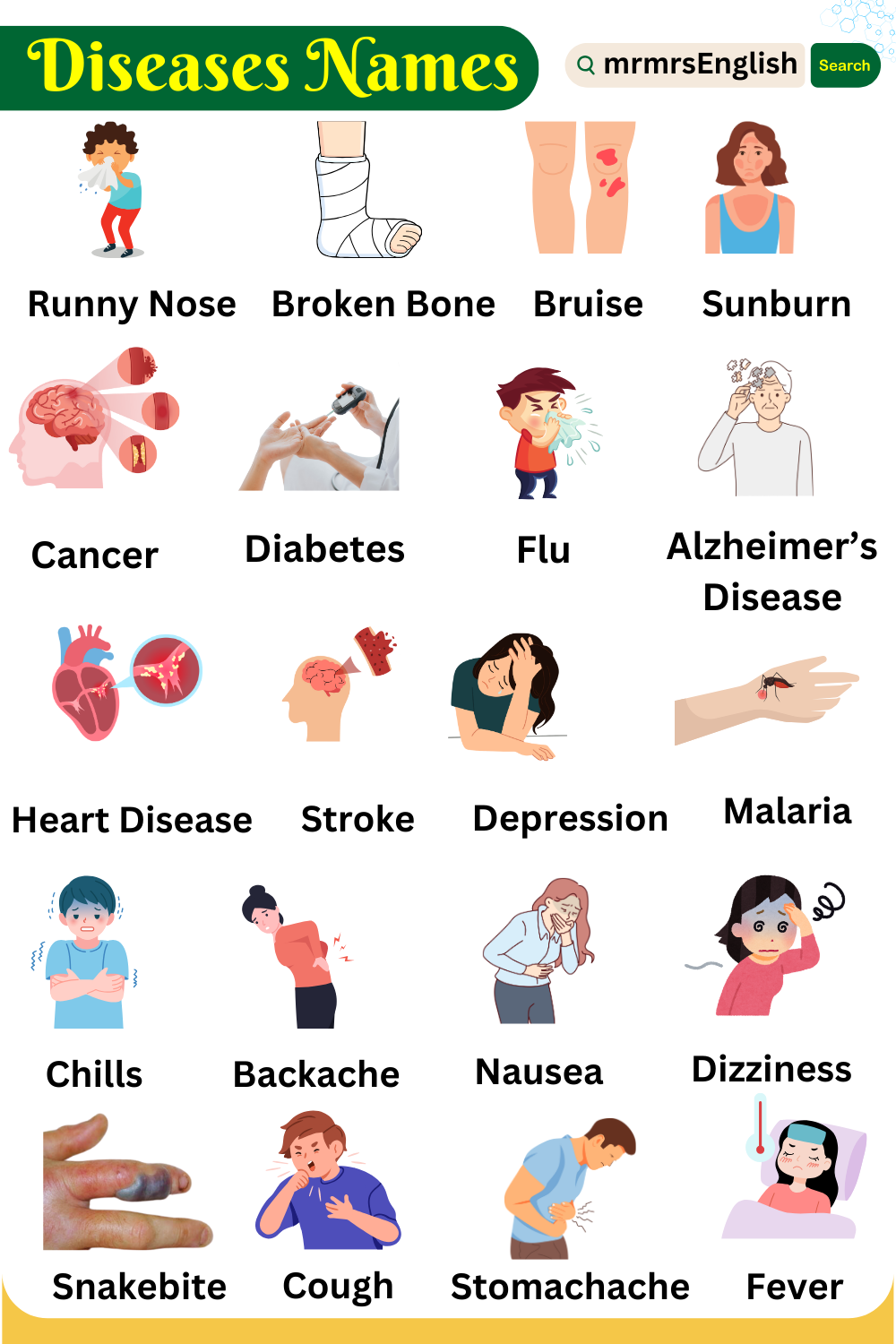






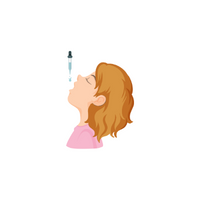

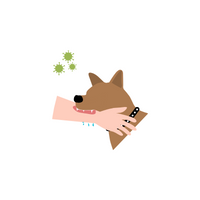
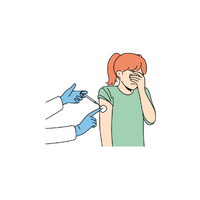
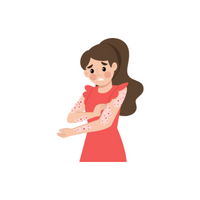



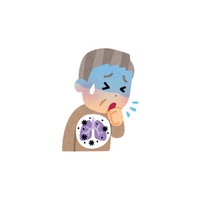
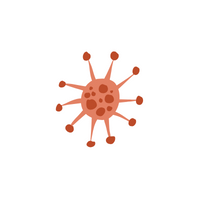

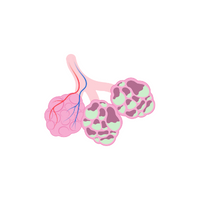
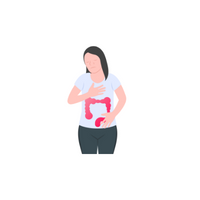

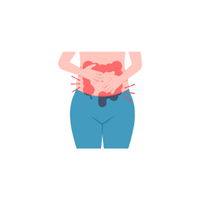

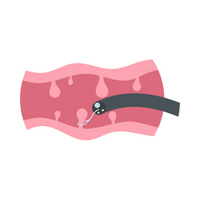

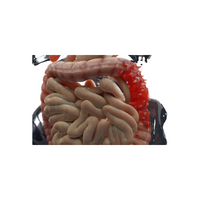
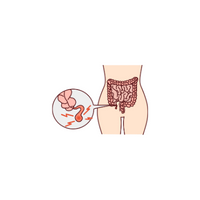
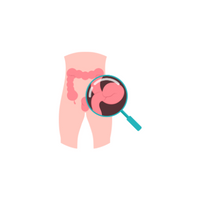
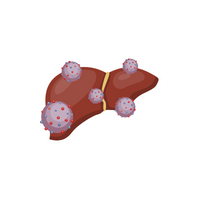
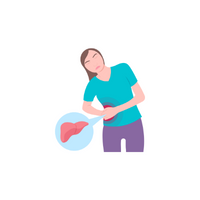

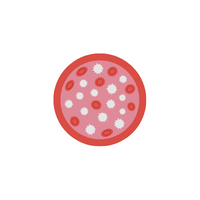







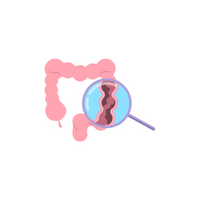
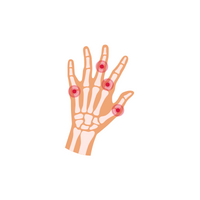


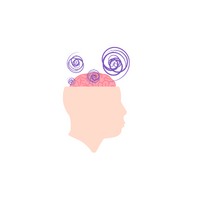
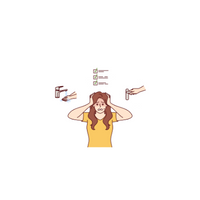
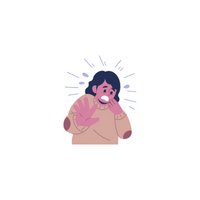
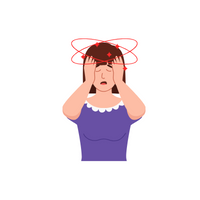
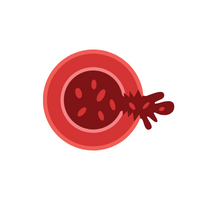




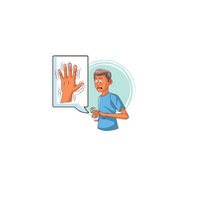
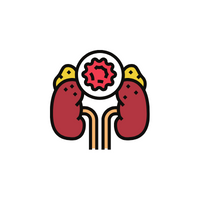
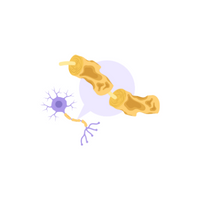
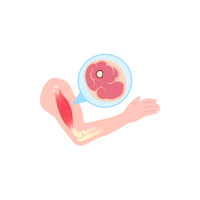


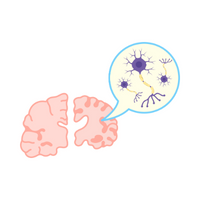




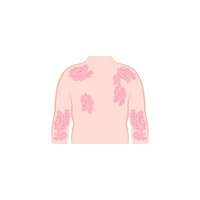








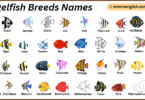
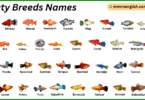


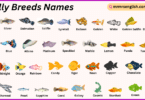
Leave a Comment